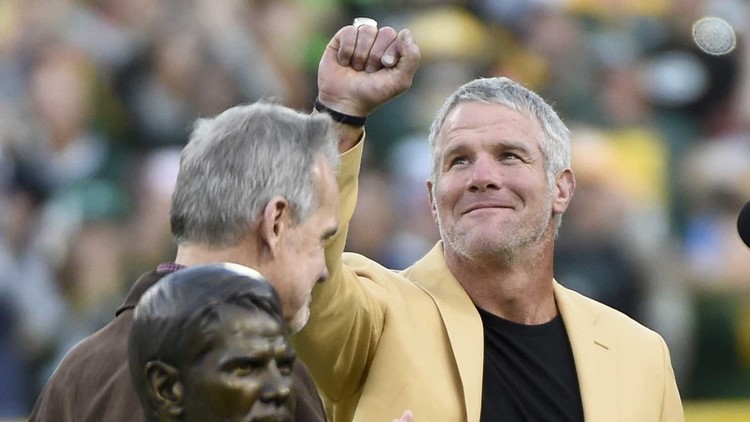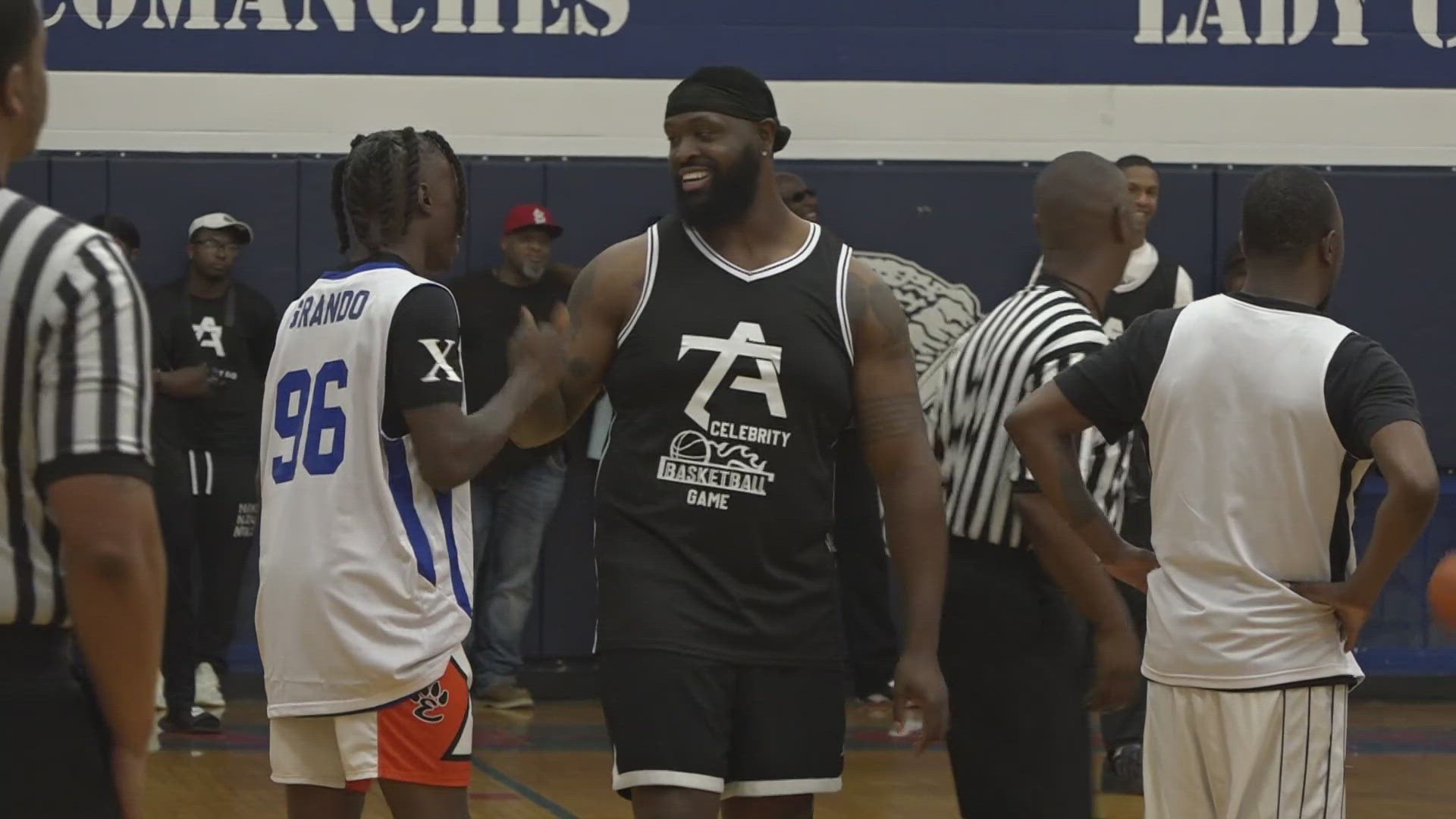WASHINGTON, D.C. — The story of Brett Favre conquering addiction and leading the Green Bay Packers to victory in Super Bowl XXXI is a classic tale told many times throughout the years. Recently, however, Favre spoke to Peter King for his last Monday Morning Quarterback column for Sports Illustrated and discussed the true depths to which he plummeted during that period of his life.
King talked to Favre over the weekend, and the Hall of Fame quarterback told King he had gone into rehab three times during his Packers career (not just in 1996 when he entered the NFL's substance-abuse program) and how alcohol had been his gateway drug.
Embedded in Green Bay for a Sports Illustrated cover story back in 1995, King wrote at the time how he was impressed with what he perceived to be Favre’s “tirelessness.” Little did he know what was behind the quarterback’s apparent non-stop motor.
"Oh, I remember that week," Favre told King. "You thought, 'Man, this guy's high on life.' You didn't know there was a reason for it. It is really amazing, as I think back, how well I played that year. That was an MVP year for me. But that year, when I woke up in the morning, my first thought was, 'I gotta get more pills.' I took 14 Vicodin, yes, one time. I was getting an hour or two of sleep many nights. Maybe 30 minutes of quality sleep. I was the MVP on a pain-pill buzz. The crazy thing was, I'm not a night owl. Without pills, I'd fall asleep at 9:30. But with pills, I could get so much done, I just figured, 'This is awesome.' Little did I know (fiancée and now wife) Deanna would be finding some of my pills and when she did, she'd flush them down the toilet."
Former Green Bay Packers quarterback Brett Favre believes he may have suffered thousands of concussions during his lifetime in the game. Milwaukee
"I actually went to rehab three times. I saw the most successful, smart people — doctors, professional people — lose it all, ruin their lives. A year or two before you saw me, I went to a place in Rayville, La., just outside Monroe. It was pills then too," Favre recalled to King. "Deanna and [agent] Bus [Cook] talked me into it. I didn't think I had a problem, but they talked me into it. I went for 28 days. When I got out, I was able to control myself for a while. I wouldn't take anything for a day or two, and I wouldn't drink. But I was a binge drinker. When I drank, I drank to excess. So when I went in the second time, to the place in Kansas, I remember vividly fighting them in there. They said drinking was the gateway drug for me, and they were right, absolutely right, but I wouldn't admit it. I will never forget one of the nurses. I had it all figured out. I fought with this nurse all the time. I would not admit the drinking problem. At the end she said to me, 'You'll be back.'"
In one of the more unsurprising developments of the story, the nurse was correct.
"I was back. 1998. Guess who was waiting there when I walked in — that same nurse. This time it was strictly for drinking," Favre told King. "I didn't go back to the pills. I admitted my problem, I was in there 28 days, and it worked. When I got out, the toughest thing was the first three months, because I had to change my thought process. When I played golf before, I realized the only reason I wanted to play was to drink. After a while, instead of thinking, 'How many beers can we drink in 18 holes?' I fell into a pattern of what could I do to get good at golf. I realized with each passing day I really didn't like drinking."
King called Favre "the most compelling person I've covered in my 29 years here."



